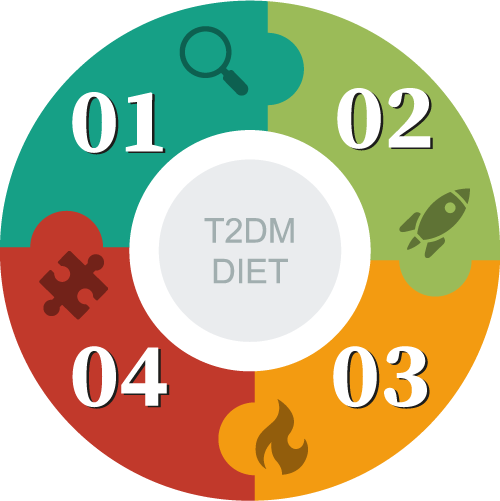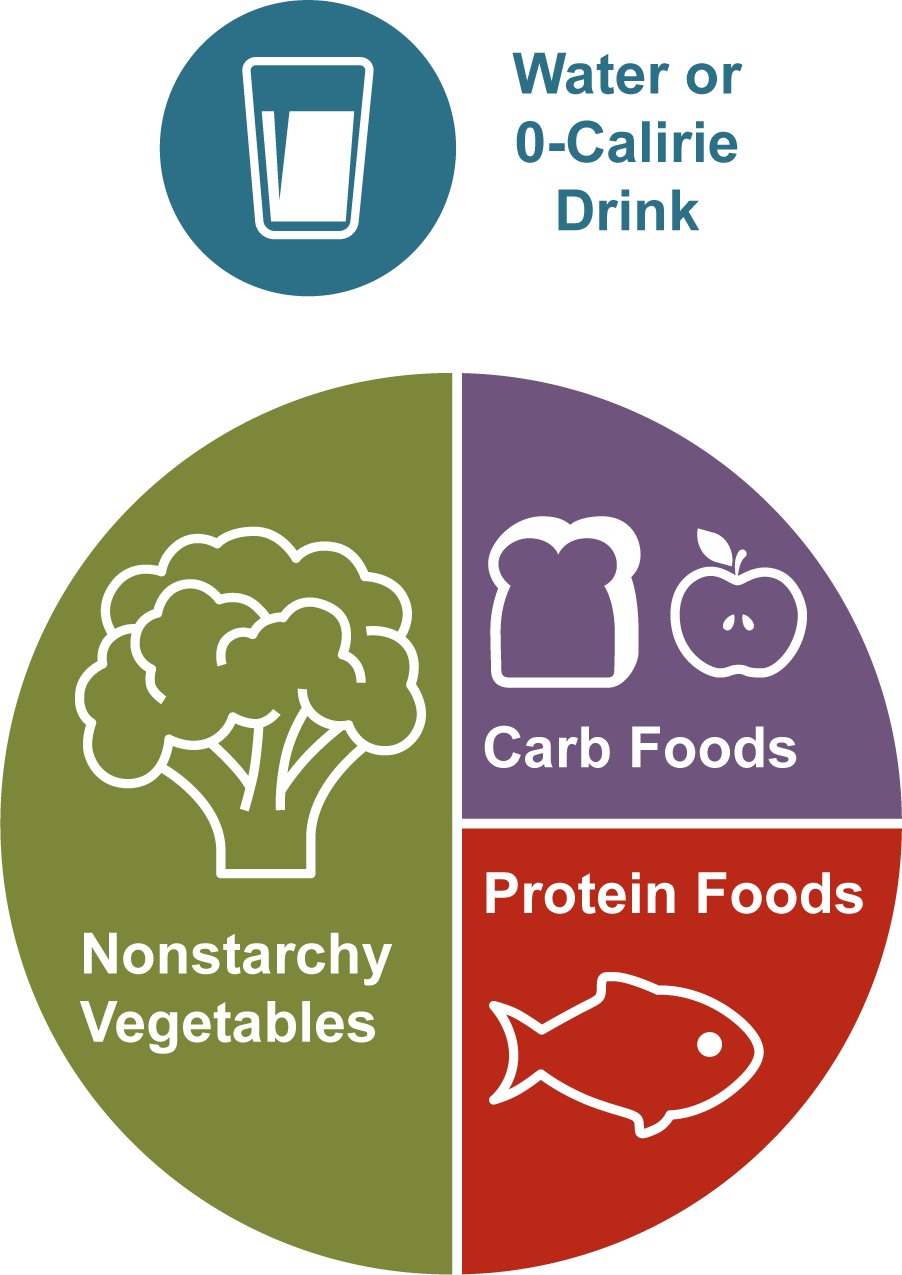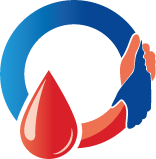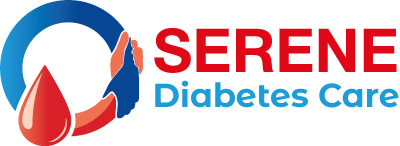Diet & Nutrition
- Limit 50-60% of total calorie intake
- Fiber intake: 25-40 gm per day. A high intake of dietary fiber, particularly of the soluble type is recommended
- Foods with low Gl & Glycemic load
- 30% of total calorie intake
- Oil rotation recommended
- Foods with high saturated fats must be avoided
- Avoid hydrogenated vegetable oils

- 15% of total calorie intake
- Consider other comorbidities, renal status, age
- Limit red meat intake and prefer other protein sources
- Diet rich in fruits, leafy vegetables, high fiber, nuts, whole grains, pulses, legumes and unsaturated fat
- Salt consumption <5gm per day
- Fiber rich diabetes specific nutrition is essential
Diet & Nutrition: Understanding Food
Food is fuel for your body, but when you have diabetes, some foods can affect your blood sugar more than others. Here’s what you need to know:
- Macronutrients: These are carbohydrates, proteins, and fats. Each affects your body differently.
- Micronutrients: These are vitamins and minerals, essential for overall health.
- Fiber: A type of carbohydrate that isn’t digested, fiber helps manage blood sugar levels.
- Glycemic Index (GI): This measures how quickly a food can raise blood sugar. Low GI foods are generally better for diabetes management.



 English
English 